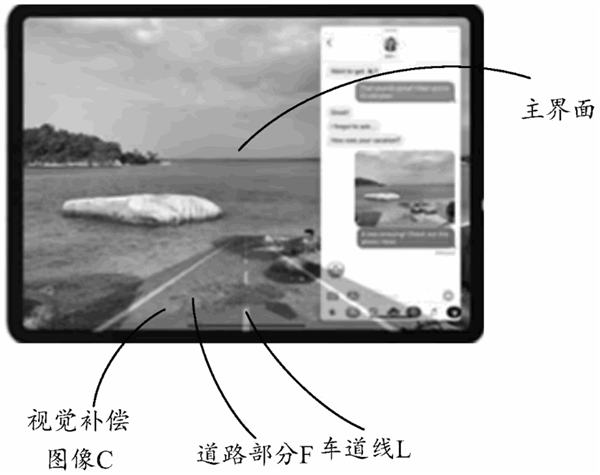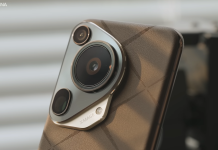Technology, just as it simplifies our lives, can also introduce new problems. For example, “motion sickness”, a nuisance today, was a concern that no one had to deal with 100 years ago. For those unfamiliar, motion sickness is a feeling of nausea, dizziness, and vomiting that can occur when traveling in a car, boat, plane, or other moving vehicles. It can also be experienced during amusement park rides or in virtual reality settings. Now, Huawei has released an anti-motion sickness patent aimed at completely eliminating this issue. Here are the details…
Huawei’s motion sickness prevention system could be a game-changer for VR
Motion sickness occurs when the brain receives conflicting information from the vestibular, visual, and proprioceptive systems. For example, when someone is riding in a car, their eyes may see the car interior as stationary, but their vestibular system will sense the car’s movement. This conflict can lead to symptoms such as dizziness, nausea, and vomiting. Fortunately, Huawei has released a patent for a new system that could help to prevent motion sickness.

The system works by generating real-time images of the vehicle’s movement relative to the road or ground. These images are then displayed on the vehicle’s infotainment system, allowing passengers to see themselves moving along with the vehicle. This helps to reduce or eliminate the conflict between visual and vestibular signals, which is the main cause of motion sickness.
Huawei’s motion sickness prevention system would address this conflict by providing passengers with accurate visual information about the vehicle’s movement. This would allow passengers to “follow the body with their eyes,” which could help to prevent or reduce the symptoms of motion sickness.
The system is still in the patent stage, and it is not yet known when it will be available in vehicles. However, the technology has the potential to be a major breakthrough in the fight against motion sickness. Especially considering the increase in popularity of AR/VR technology.
RELATED:
- Best Smart Glasses of 2023: Xreal, RayBan, Rokid & More
- Huawei Nova 12 and 12 Pro specs allegedly revealed, expected to launch soon
- LeEco launches new X Series Smart Projector with Huawei HiSilicon chip
- Huawei Mate 60 RS Ultimate “Extraordinary Master” Case Now Available for 1,999 Yuan
- Huawei and Chery Automobile Collab for the S7 Electric, Claiming to be Faster than…
(source)







